BATTERY SERVICES AND MAINTENANCE
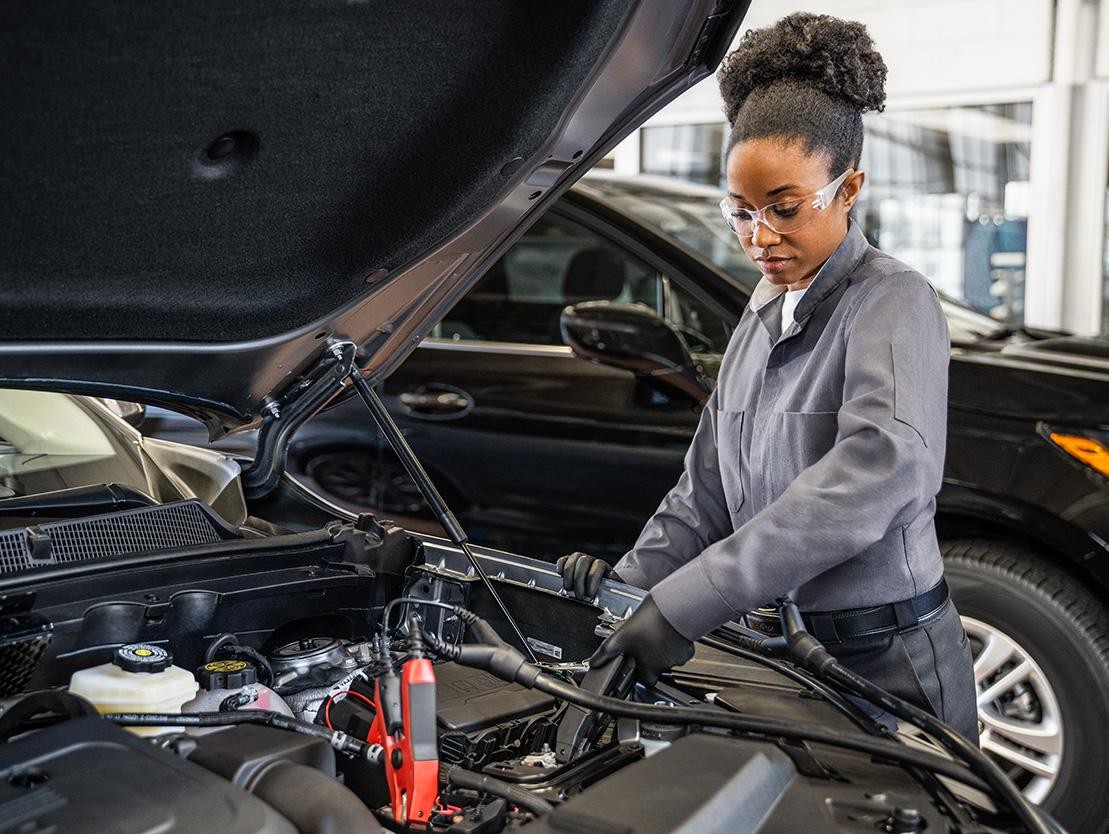
SETTING A STANDARD FOR POWERFUL PERFORMANCE
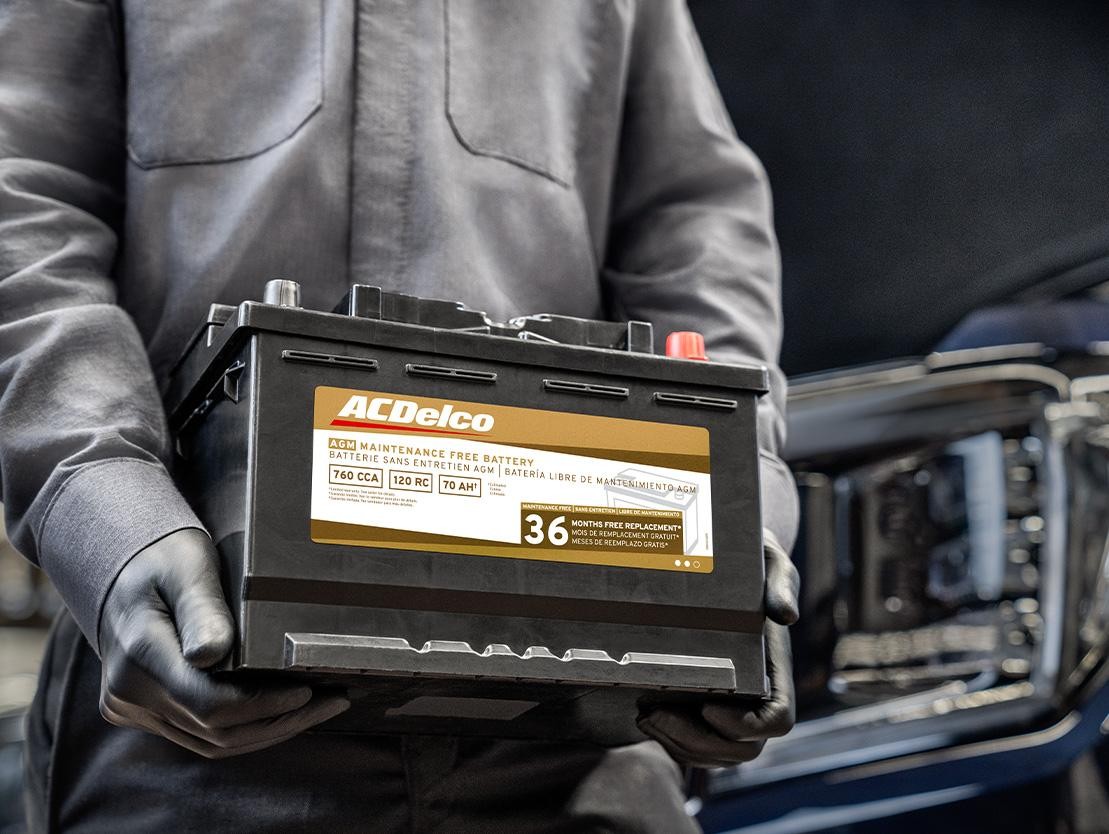
CHOOSE EXPERT SERVICE AND PARTS
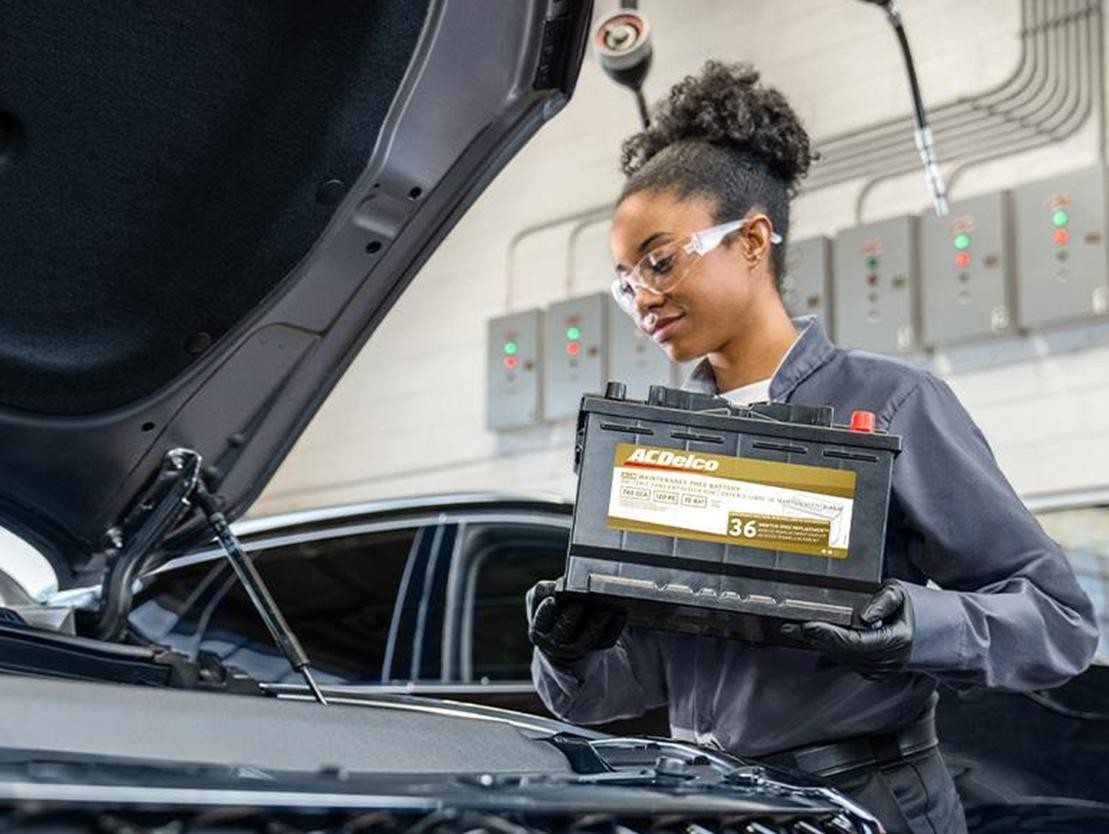

Most ACDelco Gold 30-Mo Batteries Installed*
30-month free-replacement limited warranty**
Tax extra. Installation extra on some vehicles. **Please see your Dealer to learn more about exclusions and the warranty part details and qualifications.
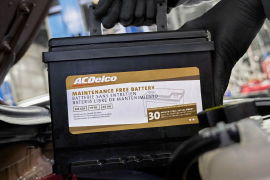
Most ACDelco Silver 18-Mo Batteries Installed*
18-month free-replacement limited warranty**
Tax extra. Installation extra on some vehicles. **Please see your Dealer to learn more about exclusions and the warranty part details and qualifications.
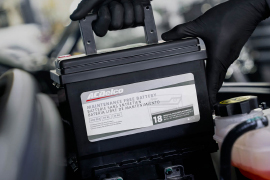
Most ACDelco Gold 42-Mo Batteries Installed*
42-month free-replacement limited warranty**
Tax extra. Installation extra on some vehicles. **Please see your Dealer to learn more about exclusions and the warranty part details and qualifications.
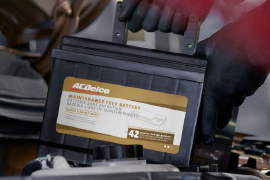
Most ACDelco Gold 36-Mo AGM Batteries Installed*
36-month free-replacement limited warranty**
Tax extra. Installation extra on some vehicles. **Please see your Dealer to learn more about exclusions and the warranty part details and qualifications.
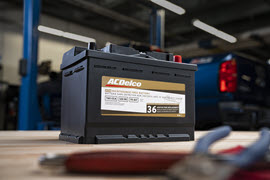
Battery Rebate
Up to a $20 rebate* on the purchase of one select ACDelco Battery
Purchase and installation must be made at a participating U.S. GM dealer. See mycertifiedservicerebates.com for details and rebate form, which must be submitted by 3/31/2025. Limit one rebate per VIN. Rebate will be issued as a Visa® Gift Card. Allow 6 to 8 weeks for delivery of gift card. Offer ends 2/28/2025.

BATTERY FAQs
How can I tell if my vehicle battery needs to be charged or replaced?
What are the main causes of automotive battery failure?
What kind of preventative maintenance can I perform for my automotive battery?




